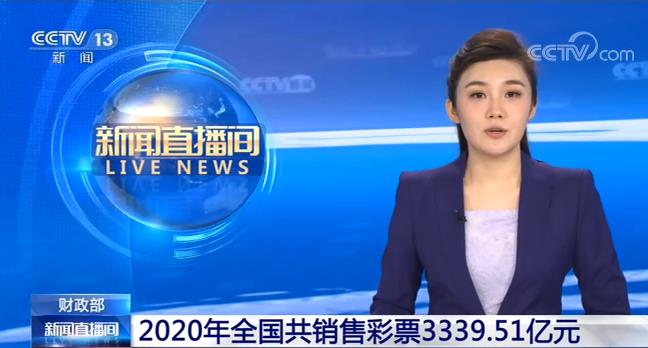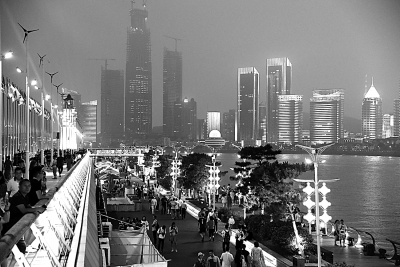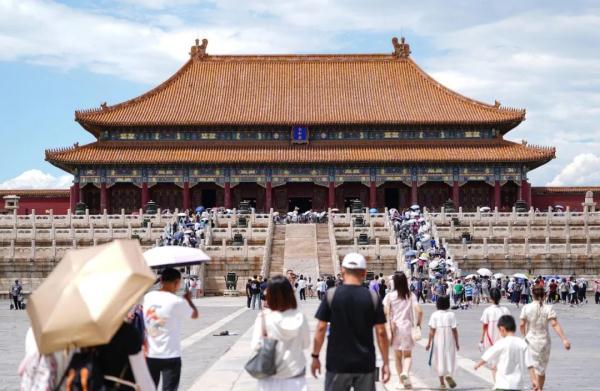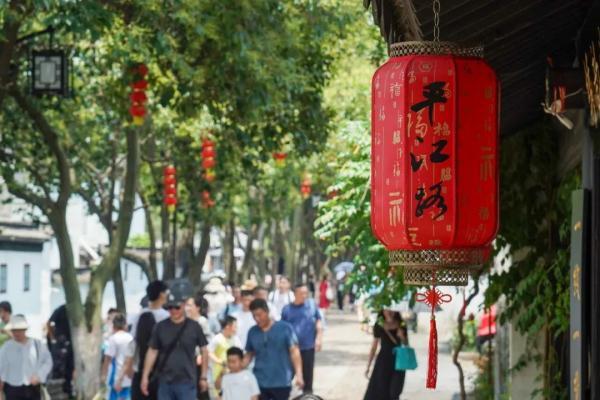On December 30th, Great Wall Motor (601633) held an intelligent driving strategy upgrade conference, which unveiled the mystery of coffee intelligent driving and announced that it would realize the first full-vehicle redundant L3 automatic driving in China in 2021. At the event site, Great Wall Motor also formally signed a strategic cooperation agreement with Qualcomm and Huawei, and plans to carry out in-depth cooperation on in-vehicle smart chips and high-computing intelligent driving computing platforms to expand the ecological circle of intelligent driving industry.
It is reported that Coffee Smart Drive will be given priority on WEY brand products, and other brands of Great Wall Motor will be carried in the second half of 2021.
On the day of the conference, the share price of Great Wall Motor (601633) closed at 37.18 yuan/share, an increase of 9.39%, and the company’s market value exceeded 341.2 billion yuan.
Zhang Kai, the person in charge of intelligent driving of Great Wall Motor, said that the intelligent driving of coffee will be a strong support for the development of Great Wall Motor into a global technology travel company, and will also be a powerful booster for the development of Great Wall Motor.
What is the origin of coffee smart driving?
One day in the future, when more advanced autonomous driving scale is applied, can people let go of the steering wheel and enjoy a cup of coffee leisurely in the car during travel? Obviously, this is the most coveted scene of countless companies that are deeply involved in autonomous driving technology, and it is also in line with consumers’ imagination and expectation for autonomous driving technology. Great Wall Motor named its intelligent brand after coffee, hoping to meet consumers’ demand for autonomous driving more humanely.
In July 2020, Great Wall Motor released its vehicle intelligent brand "Coffee Smart", and put forward the research and development concept of "double intelligence integration" for the first time, combining intelligent driving and intelligent cockpit from the perspective of user experience. As soon as the news was released, the whole industry paid close attention to Great Wall Motor’s future-oriented intelligent driving strategy.
On December 30, Great Wall Motor officially unveiled the mystery of coffee smart driving, and announced the "331 Strategy", that is, it took three years to achieve the first user scale in the industry, the best user experience evaluation, and the most three leading scenes, and to build a leader in automatic driving in the intelligent era. The reporter of Securities Times and Car Capital learned that in 2021, Great Wall Motor will realize the first L3-level automatic driving with full vehicle redundancy in China.
It is understood that Coffee Smart Drive has six redundant systems including perception redundancy, controller redundancy, braking redundancy, architecture redundancy, power redundancy and steering redundancy. At the same time, Coffee Smart Drive is also equipped with the world’s first car-class high-performance, all-solid-state laser radar that can be truly mass-produced. It adopts the most advanced FLASH technology scheme in the industry, which can achieve an angular resolution of 0.05 degrees and identify potential safety hazards within 130 meters.
In terms of application scenarios, Great Wall Motor’s intelligent driving technology can achieve full scene coverage of high-speed and urban expressways, and can complete obstacle avoidance and lane change, multi-vehicle lane change and urban autonomous lane change. At the same time, Great Wall Motor has also made breakthroughs in difficult scenes such as car walking and cone avoidance.
Not only that, Great Wall Motor also pioneered the only quantitative user experience evaluation method-"user use cost", which realized detailed evaluation and extensive investigation of users through five sub-dimensions of operation cost, awareness cost, safety cost, time cost and money cost. At the same time, the AIFEED function of Coffee Smart Drive can also actively learn and adapt to the user’s driving habits and car scenes through artificial intelligence algorithms, and perceive the user’s car pain points, thus reducing the use cost and maximizing the real needs of users.
It is reported that in the future, coffee smart driving will be given priority in the WEY brand products, and other brands of Great Wall Motor will also be equipped with coffee smart driving one after another.
Join hands with Qualcomm and Huawei to expand the ecosystem of intelligent driving industry.
At the press conference, Great Wall Motor also formally signed a strategic cooperation agreement with Qualcomm and Huawei.
It is reported that in the future, Great Wall Motor will cooperate with Qualcomm on in-vehicle smart chips in the field of autonomous driving. Great Wall Motor will take the lead in adopting Qualcomm’s Snapdragon Ride platform with powerful performance on its high-end models launched in 2022, and apply it to its intelligent driving system.
Ai Hezhi, senior director of product marketing of Qualcomm and head of automobile business in China, said that Qualcomm will work with Great Wall Motor to build high-quality models that can reassure consumers.
The cooperation between the Great Wall and Huawei is more focused on the innovative technology level of intelligent network connection and intelligent driving. It is reported that Huawei will provide Great Wall Motor with a high computing power intelligent driving computing platform based on MDC, and actively cooperate with Great Wall Motor to complete various evaluations and tests of sensing components (such as lidar, camera, etc.) required for intelligent driving.
The Securities Times and Car Capital reporter learned that this cooperation with Great Wall Motor is Huawei MDC 610, a new generation of intelligent driving computing platform for L3-L4 automatic driving, to build an industry-leading car brain for Great Wall Motor.
Wang Juan, vice president of Huawei’s smart car solution BU Marketing and Sales Service Department, said that Great Wall Motor will become a high-quality leader and lead more car companies into the field of smart driving.
In fact, after big data, artificial intelligence, Internet and other technologies gradually penetrate into the automobile industry, no enterprise can go it alone. Industry insiders have judged that the strong alliance between Great Wall Motor and Qualcomm and Huawei will not only achieve win-win cooperation in different fields, but also further expand its intelligent driving industry ecosystem, laying a solid foundation for Great Wall Motor’s globalization strategy.
?






